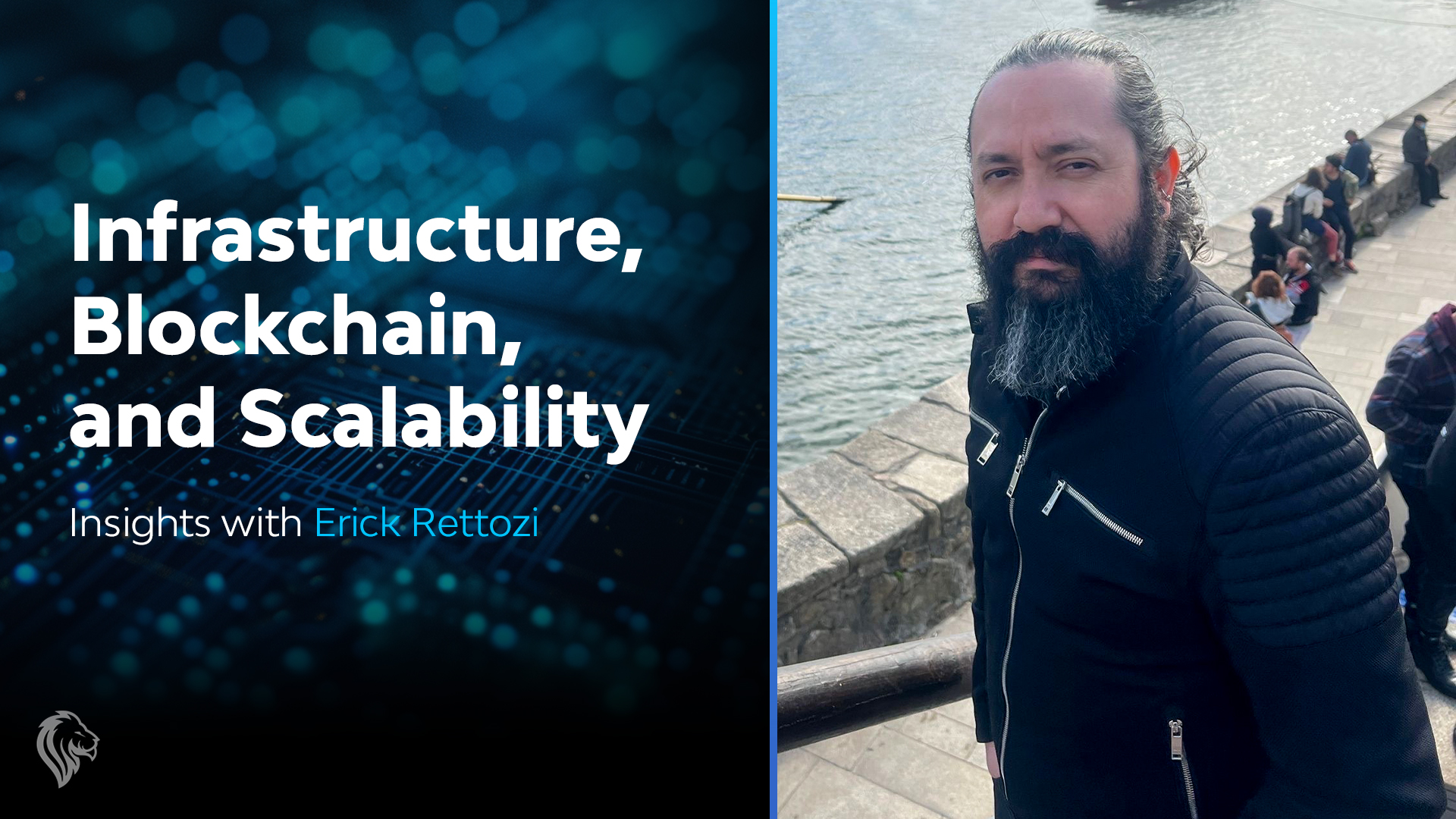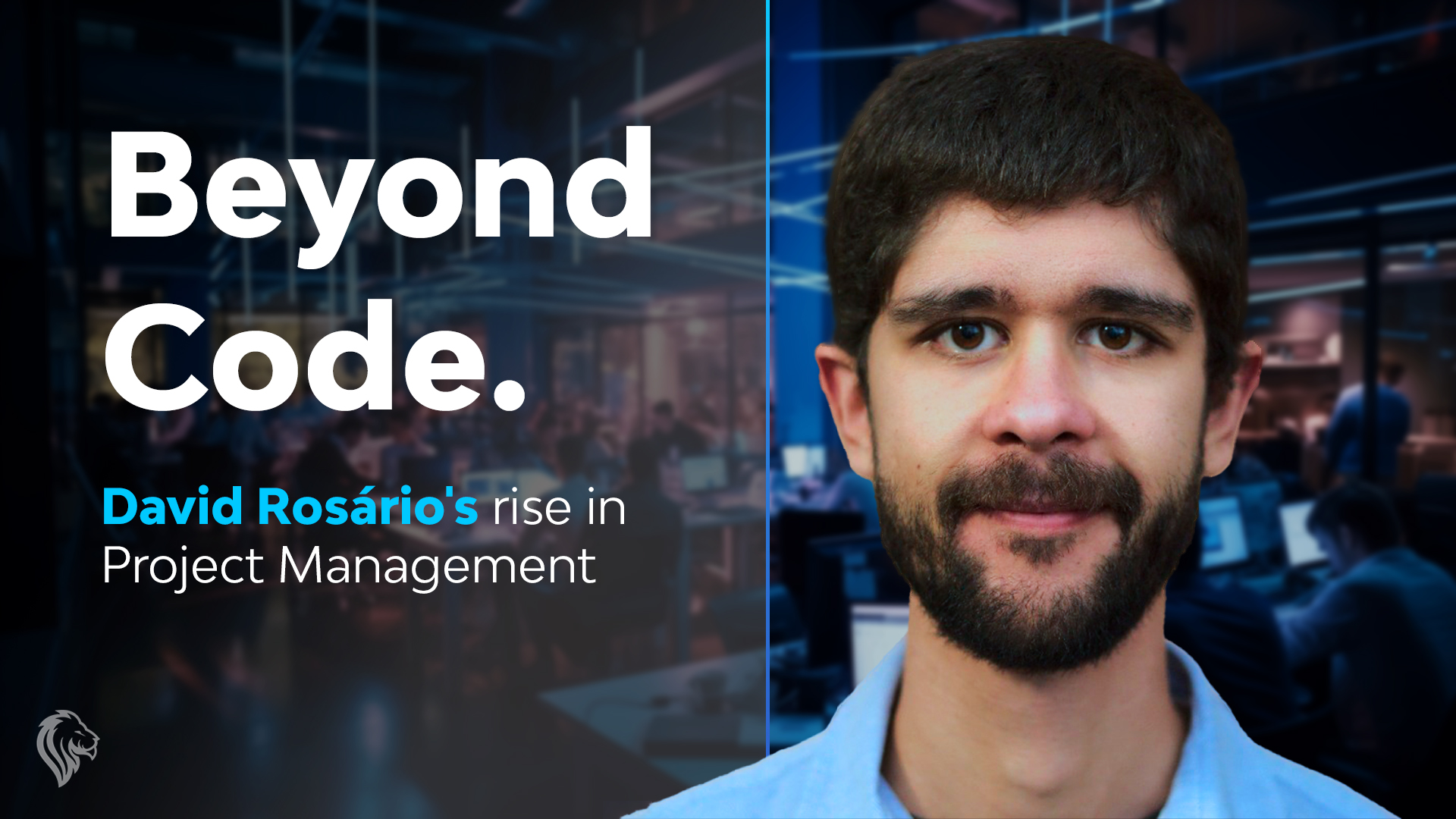This week, we had the opportunity to interview one of Cyrex Enterprise’s newest Project Managers. David Rosario is no stranger to Cyrex however, having been with the company for over two years. Beginning his journey with us as a developer, David had plans for his own career and that began with a move up to Project Manager. As PM, he is the veritable wind in the sales of our development teams, enabling them to deliver the quality Cyrex offers with every engagement. But let’s start at the beginning, with a little context.
What Do You Do as a Project Manager?
“My main responsibility is client communication and project oversight.” Currently, David is watching over and managing no few than five separate projects. The number varies from day to day, as there can be pauses in projects, projects being completed, and new ones being brought into the fold. Though that sounds like quite a lot on his plate, with respective teams to manage and clients to engage with, he puts his ability to manage in this capacity down to the quality of the crew at Cyrex. “With a great team and proper preparation, one PM can oversee quite a lot!”
What is the Role of a Project Manager in Cyrex and this Industry?
Depending on the type of PM, there are a few ways to go about managing a team. For David, he avoids micromanagement. David believes that the role of a project manager is to “empower people to have flexibility and be proactive.” In that sense, he believes that it’s his responsibility to step out of the way and just aid his team in doing their best. Not in the traditional contribution of creating or deploying code but instead in giving them the tools and space they need to do their best job. He laughs, “I’m not the hero in this story, I just give the heroes their capes!”
What Makes a Great Project Manager?
According to David, the first thing that really makes a great PM is “being able to listen, that’s absolutely first.” He emphasizes that you cannot force people to your will or to march to your tune. People will break before they bend and the project will break with them. David also mentions that if you’re talking and working with experts, you must respect and heed their experience and their knowledge. Whether it’s QA or development, listening to the people who know it well and acting accordingly means a better project result.
On the client side, David speaks on the value of sharing confidence with them. “Being frank, transparent, and direct, will deliver a fantastic level of trust.” In addition, he expresses the value of being confident and honest in uncertainty. You might not know everything, “but we’ll learn what is necessary and take care of it.”
Lastly, David also believes that being kind is free, “being friendly goes a long way! It’s not in my nature to lie or skirt the truth either. I like to build trust and ensure they don’t misplace it by delivering them the best results.”
The Transition from Developer to Project Manager
David begins speaking on his transition by offering “huge kudos to Rui, our Head of Development. He was behind the whole process.” A few things happened to get David to this point. He began this specific leg of his journey as a lead developer on a project. Now, he’s the PM of it! But, in the beginning, the previous PM and David were discussing their futures and David had his eyes on a future role as a PM. As it happened, that PM was leaving for a month and the project needed some oversight. Between Rui, the PM, and client, it was agreed that David would cover the project as temporary PM handling tickets, sprints, everything.
It went great! “The PM came back and everything went back to normal.” Until the previous PM eventually departed Cyrex Enterprise. Rui approached David and asked if he was still interested in handling the Project Manager gig, but permanently. “I said ‘yes!’ and he said, ‘well, how about starting next month?” He laughs, “of course, the answer was yes!”
It worked great, as David was familiar with the initial project. He began by splitting his time down the middle with development and project management. Rui helped show him the ropes, test him and ensure he was up to the task. Then there was a brief handover, an overview, official introduction, and David fully left behind the development side of his job.
What are the Major Challenges in Adapting to Being a PM?
“Time management is very tricky. As a developer, you can give your whole day to one thing. Or you can split your day between two things.”
But as a PM, David has had to adapt and be organised in handling a dozen tasks or more a day. It’s a position that requires a comprehensive understanding of the entire project and to keep track of several moving parts.
“Delegation isn’t a challenge with a team like ours,” he says, “they’re very self-managed, know their responsibilities and they handle it all.” In the example that the team is a boat, David wouldn’t even call himself the captain or the skipper. “No, I’m the wind! Just to encourage them forward with their own skill as the driver.”
The Role of a Project Manager in Delivering Quality
David firmly believes it is the team that delivers quality, “if I worked elsewhere, I might not be able to say that.”
The painting that David draws of a PM is very much as an enabler and encouragement. A person with an eye on all the moving parts and using the team’s expertise where it is most effective. It comes back to his stance on micromanagement, “I prefer to let the experts do their jobs without interfering. If I need to step in, I will but good management is also listening, taking in the group’s opinion, and making a decision.”
The PM is the streamliner, cutting out middle-men, acting as a mouthpiece for the team to the client, and allowing things to occur in a succinct and efficient manner.
Communication, Expectations, and Conflict Management
David says that “expectations are the hardest thing to handle. If you give the client a deadline and arrive early or on time, you’re the hero! If you miss it or go over the budget, you’ve ruined everything.” Understanding the team’s capabilities and knowing its strengths mean getting the best results.
For communication with the client, David leans onto “the Portuguese blood in me! We’re friendly and welcoming so I try to extend that to each client.” It’s often appreciated! Another element is “empathy, you can’t underestimate a client’s feelings when problems occur or if they have a strong feeling on something. If they say it’s a big problem, acknowledge it and seek a solution.”
This all relies on the client having the full picture, which ties nicely into David’s original comments which he summarises, “honesty, context, and empathy. They’re the three key tenets!”
Wrapping Up
“All I can say is that it’s a privilege to be a part of this company and I’m glad it came at this point in my career. I’m happy that I was here when I felt the desire to grow because they gave me the platform to do it.”
Related Articles

Cyrex Enterprise Workshops: Turning Dreams into Achievable Action
We often find ourselves talking to clients with a fantastic business idea but feel overwhe...
Read more
Building Secure Web Applications in the Age of Cyber Threats: Essential Strategies
Build secure web applications that withstand evolving threats. Learn secure coding practic...
Read more
Infrastructure, Blockchain, and Scalability with Erick Rettozi
In this article, Cyrex' Lead Backend Engineer Erick Retozzi offers expert advice on buildi...
Read more
The Hidden Costs of DIY API Integration: When to Consider Professional Help
Avoid costly mistakes with professional API integration. Learn the hidden costs of DIY API...
Read more


